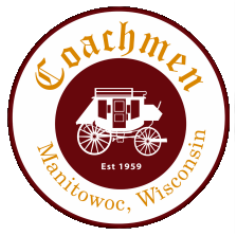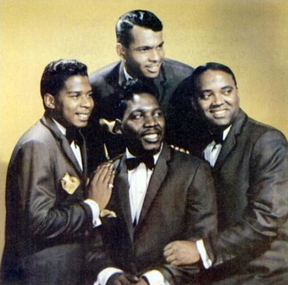According to Rolling Stone, the Drifters were the least stable of the great vocal groups, as they were low-paid musicians[2] hired by George Treadwell, who owned the Drifters' name from 1955, after McPhatter left. The Treadwell Drifters line has had 60 musicians,[3] including several splinter groups by former Drifters members (not under Treadwell's management). These groups are usually identified with a possessive credit such as "Bill Pinkney's Original Drifters", "Charlie Thomas' Drifters".
According to the Vocal Group Hall of Fame: "Through turmoil and changes, the (original) Drifters managed to set musical trends and give the public 13 chart hits, most of which are legendary recordings today."[4] Matching that feat, subsequent formations of the Drifters recorded 13 Billboard Hot 100top-30 chart hits. The 1950s and '60s incarnations of the group were also a force on the US R&B charts, notching six number-one R&B hits: "Money Honey" (1953), "Honey Love" (1954), "Adorable" (1955), "There Goes My Baby" (1959), "Save The Last Dance For Me" (1960), and "Under The Boardwalk" (1964). A 1970s revival in Britain, with both old and new material, was not matched in the United States, although they had their biggest successes on the UK pop charts, peaking with the number-two hit "Kissin' in the Back Row of the Movies".

